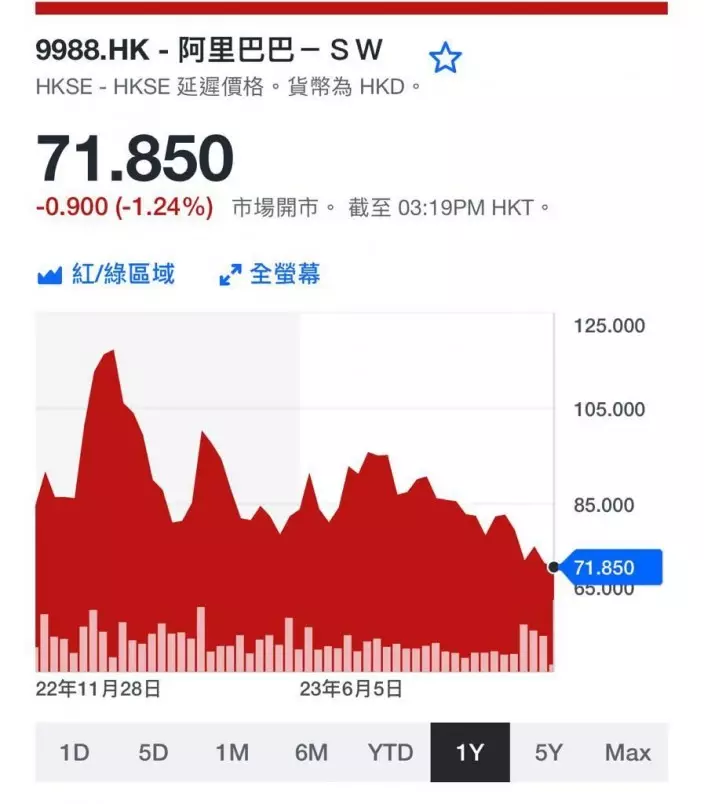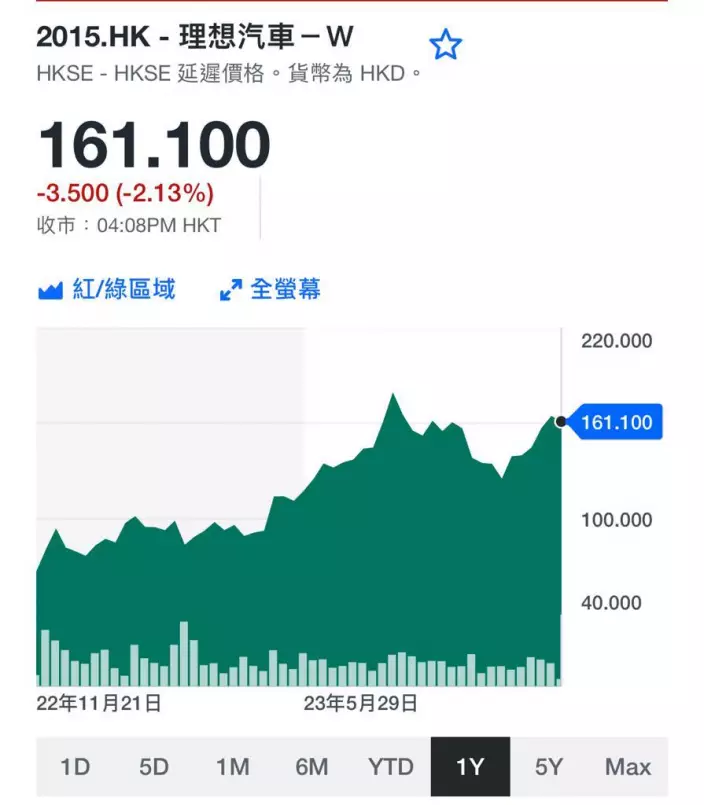Charlie Munger, Warren Buffett’s golden partner, passed away on November 29 at the age of 99.
In the global investment circle, Munger and Buffett can be described as the “magic combination.” Munger is 7 years older than Buffett. Both of them grew up in Omaha, Nebraska, USA. Together, they grew Berkshire Hathaway from a small company to a large company. Buffett praised Munger for broadening his investment strategy from exclusive buying to Distressed low-price companies, hoping to profit from them, turned to focus on higher-quality but lower-priced companies.
Munger has several investment maxims worth mentioning:
1. Value investing. No matter what stock Munger buys, value investing means paying a lower price, buying a higher value, and holding it for a long time. This investment method will never go out of style.
2. Common sense you should have before investing. Munger said that the companies he studies are all in areas where they have advantages. If when analyzing a company, others have advantages over him, he will not participate. For example, for a pharmaceutical company, you have to analyze what new drugs it can develop, but if others know more than him, he has no advantage. Find companies that you are good at and have advantages in, so that you can make a good investment.
3. Less is more, and the stock selection principle is “quality over quantity.” He sees little benefit in over-diversification. A lot of people advocate diversification, but I think I’d be lucky to find 4 great investment opportunities.
In addition, Munger talked about China many times during his lifetime and continued to express his optimism about the Chinese economy. At the end of October this year, when talking about his views on the Chinese economy in an online program, Munger said: “The prospects for the Chinese economy in the next 20 years are better than almost any other large economy ranked first or second. This is Point 1. Point 2, the leading companies in China are stronger and better than the leading companies anywhere else, and they’re much cheaper, so I’m naturally willing to take some ‘China risk’ in the portfolio. “
Munger said in 2017 that I am optimistic about investment opportunities in China because there are many very good companies in China and the prices are very cheap. Chinese people have a hard-working quality and they work very hard. China’s system provides it with a strong driving force for development. The Chinese government is sincerely helping enterprises develop. The Chinese government is much stronger than the Indian government, but the Indian government’s governance capabilities are too poor.
In an online program, Munger was asked about Berkshire Hathaway’s reduction in its holdings in BYD (1211). Munger’s admiration for BYD in the program was even more effusive. He believed that BYD was a huge asset and was confident in BYD’s future development. He also believed that as a leading company in China, it would surpass giants elsewhere and become a higher and more powerful company. A stronger, cheaper business.
BYD’s one-year chart.
Munger was also asked to comment on Chinese automaker BYD and its founder Wang Chuanfu, whom Munger described as a “genius.” As a doctor of engineering, Wang Chuanfu is a natural engineer and completion-oriented production supervisor. “He can do anything. This is a big thing. There are many talents gathered in one place, which is very useful. They have solved all the problems of electric vehicles.” , including motor, acceleration, braking, etc.”
If we want to talk about Munger’s investment failure, it must be Alibaba (9988). Munger, like Buffett, said he would not invest in Internet technology stocks that he did not understand. However, after Alibaba Group’s stock price fell in 2020, Munger’s companies began to try to scoop up Alibaba in the first quarter of 2021, and then continued to increase their holdings against the market. By the end of 2021, he had purchased a total of 602,000 shares of Alibaba, costing approximately US$109 million.
Alibaba one year chart.
After Alibaba’s stock continued to lose money, Munger’s investment in it seemed to have wavered. In the first quarter of 2022, his company significantly reduced its holdings of 300,000 Alibaba shares, worth approximately US$32.6 million. Munger said at the beginning of this year: Alibaba was one of the biggest mistakes he had ever made. Alibaba occupies a very important position in the e-commerce business, but they don’t stop to think, they are still a damn retailer. He may have been shocked by the e-commerce model and had previously overestimated Alibaba’s return rate.
Looking back, Munger’s investment life has been a huge success and will not be affected by individual small failures. The key to his investment is to make value investments and buy high-quality and affordable stocks.
(Lu Yuren’s “Financial High Tea” column is published exclusively on “Pomegranate Station” every Monday to Friday. You are welcome to subscribe to Pomegranate Station to receive it)
Riku Yujin
**Blog articles are written at your own responsibility and do not represent the position of our company**
As the mainland enters the era of new energy vehicles, most people talk about BYD (1211), but another luxury car brand, Li Auto (2015), is actually so strong that it undercuts Mercedes-Benz, BMW, and Audi in many aspects of the mainland market. RV giant. In addition, among the three new mainland tram forces called NIO, Xpeng, and Ideal, Ideal also clearly outperformed.
In the first ten months of this year, Ideal sold 285,000 units, far ahead among the new forces. Weilai, which ranked second, only sold 126,000 units. It should be noted that Ideal sells self-owned luxury brand RVs with an average price of over 350,000 yuan, and the gross profit margin is relatively high. Ideal’s monthly sales of only three models can exceed 40,000 yuan, which is quite impressive.
Ideal’s cumulative deliveries this year have exceeded 300,000 units, becoming the first domestically produced luxury brand to achieve annual sales of 300,000 units.
The ideal performance is also very impressive. On November 9, Ideal announced its third-quarter results. The third-quarter net profit was 2.82 billion yuan, turning a loss into a profit year-on-year, up more than 23% quarter-on-quarter. The group’s quarterly revenue was 34.7 billion yuan, an increase of more than 2.7 times year-on-year. The quarter-on-quarter growth was 21%, driven by the increase in vehicle delivery. The gross profit margin in the third quarter was 22%, an increase of 9.3 percentage points year-on-year. Li Auto delivered a total of more than 40,400 new cars in October, an increase of three times year-on-year. The group stated that monthly delivery exceeded 40,000 vehicles for the first time, and the group will enter a new cycle of accelerated large-scale development.
Ideal car year chart.
Ideally, if the performance is good, the future business will also be promising. The only downside is that the stock price is expensive. The current price is 161.1 yuan, the dynamic price-to-earnings ratio is also as high as 165 times, and no dividends are paid. The market value is 341.9 billion. Now at 162 yuan, the stock price has been on an upward trajectory from the previous low of 127 yuan. In the next three months, it has the opportunity to test a one-year high of 185.5 yuan. It can be bought speculatively. Boqu rose to a one-year high and fell 10% to stop losses.
(Lu Yuren’s “Financial High Tea” column is published exclusively on “Pomegranate Station” every Monday to Friday. You are welcome to subscribe to Pomegranate Station to receive it)
2023-12-01 07:48:57
#Munger #bullish #China #bought #BYD #mistake #buying #Alibaba



